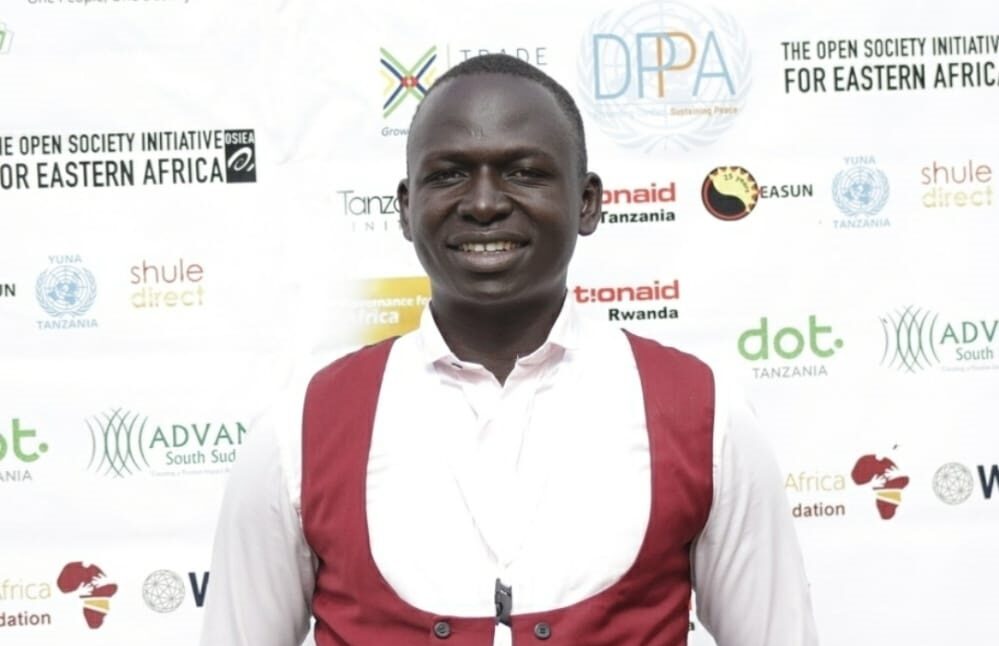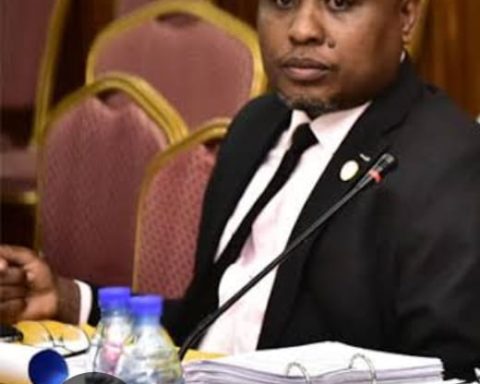By Samuel Obedgiu
Kampala: I don’t want to sound like a broken record by reiterating the fact that the European MEPs passed a resolution condemning the East African Crude Oil Pipeline (EACOP) for human rights abuses. This won’t be the first action taken against oil sector agreements. Before the word EACOP even made it to our oil and gas lexicon, in 2012, President Museveni during a caucus meeting with his ruling party MPs, angrily stated that he would “investigate and punish” an anonymous MP that petitioned the British House of Commons and European Union over the dealings between government and Tullow Oil Company.
When a vocal female MP, Cerina Nebanda, who called out president Museveni over his non-transparent dealings with oil agreements died under mysterious circumstances, rumours swirled that she could have been poisoned.
On 12 this month, a Paris civil court is set to hear a law suit against Total, concerning the serious human rights violations and risks of irreversible environmental damages associated to the Tilenga and EACOP projects.
From a very realistic perspective, I don’t think the motivations for the European parliament raising issues against EACOP is due to the love they have for us. Certainly not. They might have their selfish geo-political interests. But then, again this doesn’t mean that the issues they raise aren’t valid.
All this noise against EACOP certainly won’t stop EACOP. But there is one impact it will most certainly have. It will make access to finance for the EACOP project more expensive. Let’s not forget that EACOP is to be financed by a 60:40 debt to equity ratio; this means its shareholders will raise $2 billion between them while the remainder is raised through loans. While many banks, Asset Managers & Pension Funds world over have ruled out funding EACOP, others like US bank JP Morgan Chase & Japan’s largest bank MUFG bank, haven’t. Such capital intensive projects need financing from the world’s largest financial institutions. However, all this noise is making it “financially toxic” to deal with EACOP.
Instead of analyzing the EU resolution, I think Ugandans should seize this moment to agitate for reforms that address their local economic interests. Like William Shakespeare once stated, in the play Julius Caesar (Act-IV, Scene-III) – “There is a tide in the affairs of men. Which, taken at the flood, leads on to fortune.” This simply means now or never.
Ugandans should ask; how many youth have been trained in 3G coded welding needed to work on EACOP? Last time I checked, out of the 10,000 labour force needed to do this kind of welding, less than 3% will be Ugandan. Ugandans being trained by Total Energies are very few.
I find section 10 (8) of the EACOP (special provisions) Act, 2021 very problematic. It states that the pipeline can deviate from its approved route without regulatory approval, provided the deviation isn’t substantial. Won’t this be “a convenient excuse” to many influential land grabbers to seize more land for personal use? The law doesn’t define what amounts to substantial
Section 1 of the EACOP law that seeks to give “retrospective commencement” of early project activities will make this country inherit an undisclosed financial burden. All the 4 EACOP agreements should be made public.
The biggest problem you we have in Uganda, is that you have a ruling elite that funds the beating and abductions of its citizens so badly. When the same ruling elite is attacked by foreign actors, it fails to get the support of those angry citizens, calling them unpatriotic people. This plays into the hands of the Whiteman that wants to do divide and rule. The EACOP divide has just shown this.
These EACOP agreements indeed just prove that geo-politically, Africa has no capacity to benefit from its natural resources. Japan has zero natural resources but it’s the 3rd largest economy. If we don’t work on human resource and governance issues, no amount of oil barrels will transform this country.
Samuel Obedgiu is an Agricultural Scientist and Environmental Activist
![]()




























